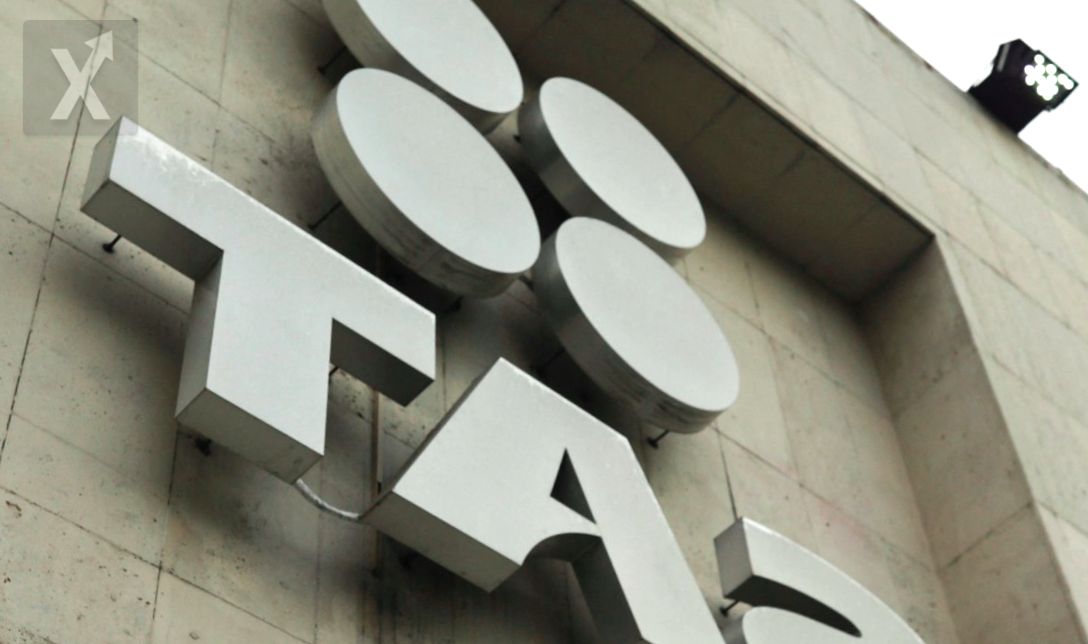The New Move by the SAT under Sheinbaum: Attracting Taxpayers with Appealing Benefits

With a sweet approach to finances, the government aims to entice non-compliant taxpayers by offering debt discounts through the Tax Administration Service (SAT). The proposal from the Federal Revenue Law Initiative (ILIF) seeks to launch a tax regularization program that would benefit individuals and micro, small, and medium enterprises, making it easier for them to pay off their debts with tax authorities and thereby encouraging voluntary compliance with tax responsibilities.
However, there are certain restrictions. This program is intended to be "substantially different" from tax reductions in previous years that primarily benefited large taxpayers, resulting in the loss of billions of pesos in revenue. During the terms of Felipe Calderón and Enrique Peña Nieto, from 2006 to 2013, tax forgiveness programs were implemented that wiped out over 572,743 million pesos in tax debts, in addition to providing benefits amounting to 172,335 million, according to data from Fundar. Unlike those tax amnesties, the government of Andrés Manuel López Obrador opted for a strict enforcement strategy, demanding payment from large taxpayers for debts dating back up to five years.
To qualify for this new program, both individuals and corporations must have annual incomes of up to 35 million pesos. The head of government, Claudia Sheinbaum, indicated that all taxpayers falling within this limit, regardless of their tax regime and included in the ILIF, will be eligible for a fiscal incentive covering fines, late fees, and collection costs owed; meaning they would only need to pay the updated contributions or fees. Those who have been convicted of tax crimes, have not clarified the charges against them, or have previously benefited from tax forgiveness will not have access to these benefits. This program is planned to be implemented only in the 2025 fiscal year, covering debts from 2023 or earlier, and applications must be submitted to the SAT or state tax authorities.
To ensure efficient implementation, the tax authority will suspend administrative enforcement procedures and will not require guarantees for tax interests, returning seized assets after the corresponding payment. Additionally, the taxpayer must acknowledge their debt and agree that their application cannot be contested. This initiative is outlined within the thirty-fourth transitional provision in the ILIF.
In conclusion, this program can be viewed as a strategy to balance the fiscal scale, aiming to get more taxpayers to regularize their status instead of falling into the penalty of non-compliance. However, it is crucial for taxpayers to keep in mind that maintaining continuous compliance is preferable, as poor management of their tax obligations can lead to complicated financial consequences in the future.






